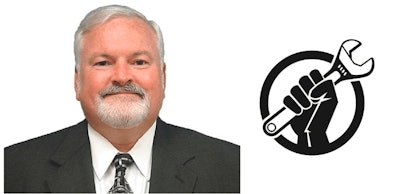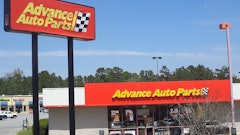
Ottawa, Ontario — Family businesses might be vanishing from the automotive aftermarket but the approach they brought to progressing the industry is something worth preserving, according to president and CEO of the Aftermarket Auto Parts Alliance, John Washbish.
Washbish was joined by Automotive Industries Association of Canada (AIA) past chairman Bob Jaworski for the latest edition of “Curbside Chat,” where the pair discussed consolidation trends in the automotive industry and the ongoing right to repair movement.
With the increased prevalence of publicly traded aftermarket companies taking the place of often family-operated private companies, Jaworski posed to Washbish the question of how he thinks shareholders affect the trajectory of industry development.
According to Washbish, when the priorities of a company are expanded to concern outside parties, like shareholders, the company may often seek out solutions that provide short-term satisfaction for shareholders, as opposed to what may create the greatest long-term benefit for the industry.
Washbish says he hopes to see a return to what he considers the more traditional approach of having a company’s goal be simply to create the best product possible, instead of aiming to generate the best possible returns for shareholders.
He said he sees the younger generation as being well attuned to creating an industry that efficiently and profitably balances a global footprint with a continued focus on relationship-building and industry collaboration.
“The new generation is more relationship-focused than we give them credit for,” said Washbish. “What they are trying to push is the speed.”
Collaboration is also a core theme of Washbish’s thoughts on the right to repair movement, which he considers to be an “all-or-nothing game.”
“It is essential for our survival that our technicians have access to the information they need to repair vehicles,” he said.
“What we have to do is bind together globally to convince the legislators to insist that manufacturers globally give us the information we need to repair the vehicles.”
Washbish feels strongly that a country-by-country approach to right-to-repair legislation is not the way to go, and that a united front must be reflected on this issue.
If people want Volkswagen to clear the barriers to repair information, “We need the aftermarket people in Germany to be telling them the same story that we’re telling here,” said Washbish.






















